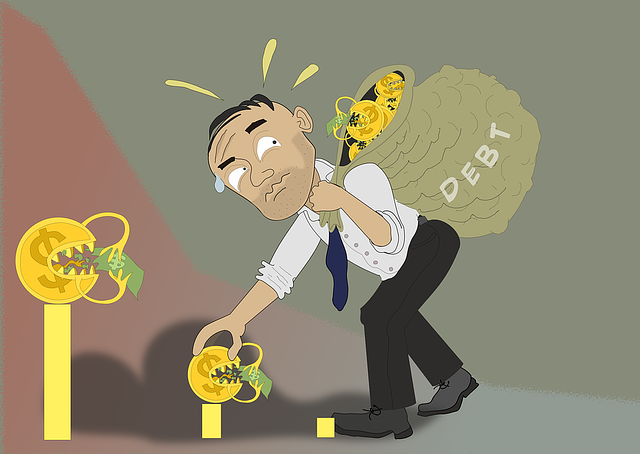Generally speaking, a financial plan is a comprehensive evaluation of an individual’s current and future financial state. Crafting a financial plan involves using known variables to predict income, asset values, and withdrawal plans. Thus, you have to go through a series of steps to adjust your savings and spending habits.
Here are just some of the steps:
STEP 1: KNOW WHERE YOUR MONEY GOES
Your top priority is to develop a detailed list of where your money is heading to. It does not matter if you are using a legal pad, a smartphone app, or a computer software! The only thing that matters is that you have a working system. An organized system lets you identify the expenses that occur each month (fixed expenses) and those that change (variable expenses).
Do not forget to input seasonal expenses such as the Labor Day staycation or Valentine’s Day present. Calculating your cash flow may seem like a hassle, but it will help you determine the amount of money that you can commit to your goals.
STEP 2: SET YOUR MONTHLY SAVINGS GOALS
Much like a road trip, you must set a route to stay in the course of your financial plan. Select a path which you want to reach in a specific amount of time. For instance, you may want to start saving for retirement as early as aged 25. Set a monthly savings goal upon knowing your time-frame and how much you need to save. Fit your monthly savings goal within your budget.
If you cannot save as much as your goal requires, you can trim down your monthly spending. Alternatively, you may look for ways to increase your income or to extend your completion date.
STEP 3: CELEBRATE THE MILESTONES
Why do you think corporate incentives exist? Well, they are deemed to keep you motivated while in the process of achieving a company or a cooperative goal. The same goes for your finances. The only difference is…you have a personal goal to fill.

Image Credits: pixabay.com
Create milestones after completing your monthly savings goal. Celebrate in a simple and satisfying fashion (e.g., eating your favorite Korean dessert). You do not want to blow up your credit even more!
STEP 4: CONQUER YOUR DEBT
As tough as this may sound, you must attack debt while avoiding further debt. Start by listing down your outstanding debt including two columns for balances and interest rates. There are two main strategies that you can choose from. You can either start with the highest interest rate or employ the “Snowball Strategy”.
The latter refers to eliminating all the smallest items first before working your way to the highest items. Both can be effective as the most important thing is to pay more than the minimum. Seeing your debt diminish one after another can be good for your self-esteem.
STEP 5: STOP PROCRASTINATING AND START SAVING
The perfect time to start saving is at the present. Take a look at your guilty pleasures. Notice where you can make some adjustments, but do not be too harsh on yourself. Aim to control your entertainment expenses and not eliminate them entirely (unless these items are unhealthy)! This will free up some cash to put in your monthly savings goal.
If an emergency comes along and forces you to dip into your savings, do not fret. This is what financial cushioning is for. Just make it a priority to replenish your fund as soon as possible.

Image Credits: pixabay.com
Financial plans aid in creating a strategy for paying off your debt, in determining where your money goes, and in achieving your other savings goals. I wish you all the best when crafting your own plan.










